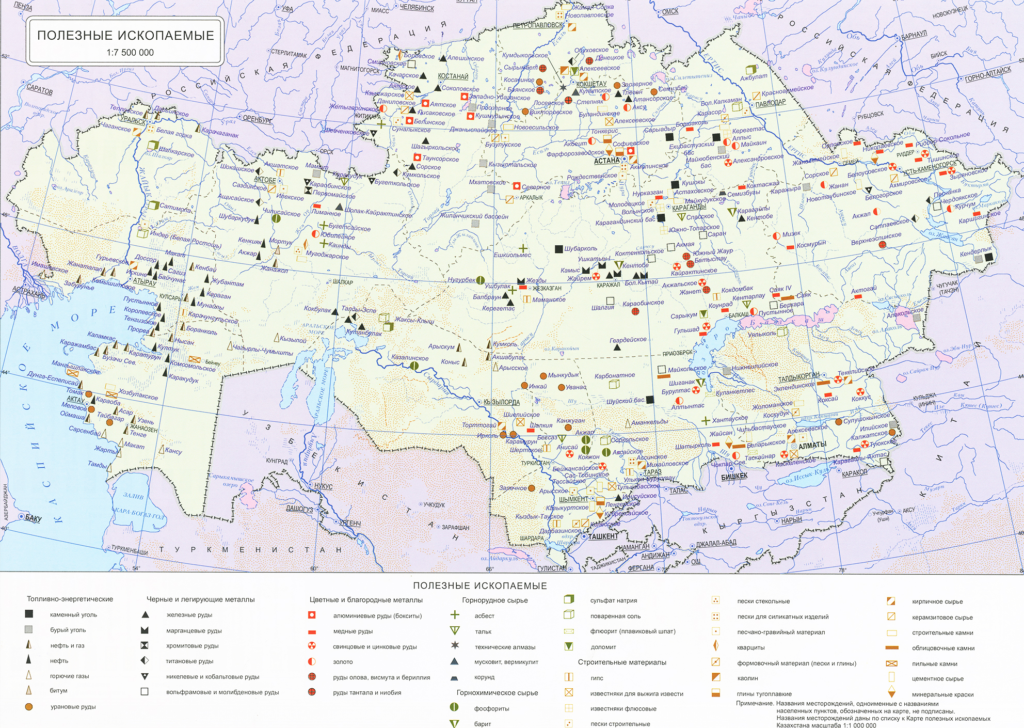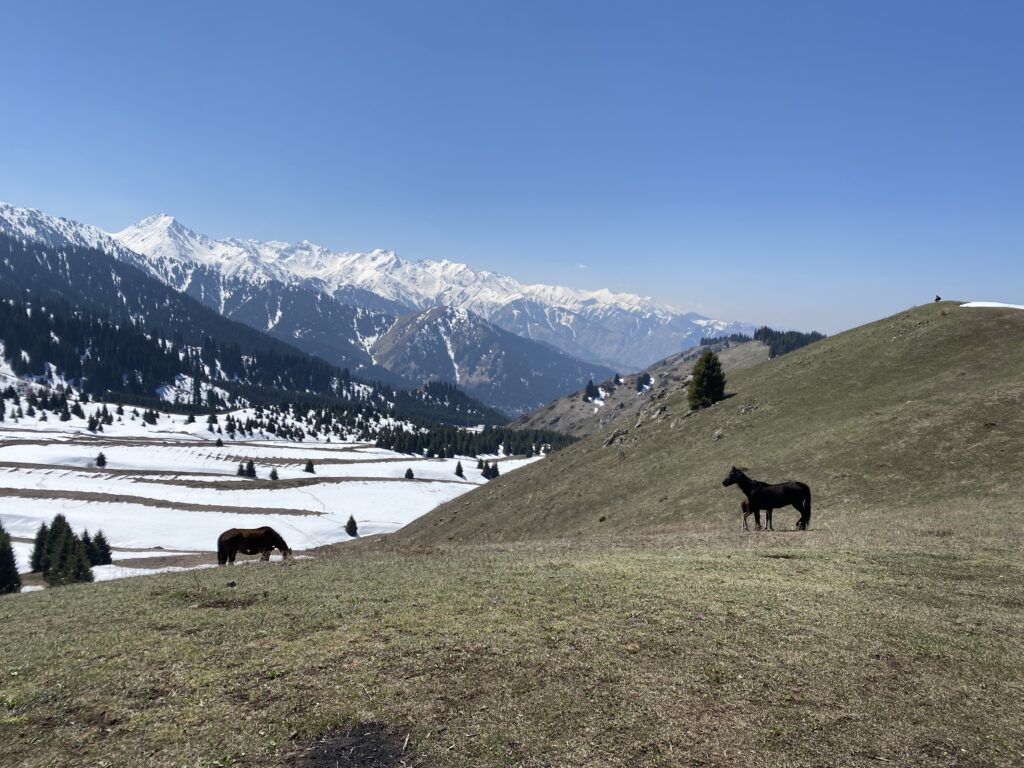Qazaqstan is caught between rapid development and preservation in more than just the culture war. Though those on the political left have vehemently advocated cultural progress — to leave behind the patriarchal, anti-democratic, “backwards” societal and governmental practices that have been bred (and long since gone sour) dating back to the pre-Soviet era. From feminist organizations such as Feminita to umbrella groups critiquing the political systems such as those participating in “Bloody January,” the left is advocating the reformatting of traditional society and undermining its cultural foundations. However, there is a certain sector in which the left is on the side of preservation — that is in the environment. Leftists have long advocated for conservation of nature in industrializing societies — those in the former Soviet Union are no different. In a culturally traditional and Eastern society like Qazaqstan that values natural beauty, the maintenance of lakes, forests, and the mountains is compounded.
The enormous country encompasses various biomes and environments that require their own attention and care. The mountainous southeast cannot sustain the same grazing capacity as the broad steppe; Though fishing in the Caspian Sea to the west is the lifeblood of the region, Turkestan just to the south is a desert brings in tourists from all around the world; Coal mining in Qaraghandy (Karaganda) dominates northern-central Qazaqstan, while uranium mines occupy southern-central Qazaqstan.

Since its independence in 1991, and even before, the Qazaq state had advocated rapid development and exploitation of the country’s natural resources. This is part of the first president, Nursultan Nazarbayev’s, development plan for the future of the country. Mangilik El, or “the Eternal country,” advocates “improving the efficiency of traditional extractive sectors” in order to rapidly develop the economy — the key to advancing into the developed world, according to Nazarbayev. This would inevitably lead to more mining and thus pollution, and the destruction of natural habitats. Though this plan, along with the Rukhani Zhangyru master plan for the country, also provide for the restoration of historical sites and sacred geography around Qazaqstan.
This contradiction has led to protests all around the country demanding a new attitude towards the environment. How can Nazarbayev promise restoration while increasing coal and uranium mining? Does he not remember that the Aral Sea dried up because of increased agricultural production? Nothing has fundamentally changed for many activist groups.
In Almaty itself, there have been protests over the government’s treatment of nature. In 2011, at Kok Zhailau (Көк Жайлау/Kók Jaılaý), a UNESCO protected area in the Ile-Alatau national park, the city proposed the construction of another ski resort. A Qazaq national environmental justice group, “Green Salvation” Ecological Society, circulated a petition, and organized protests that garnered national attention and stopped foreign investors from building their ski resort. The strength of grassroots movements is alive and well! Selfishly, as a non-skier, I’m very glad that the resort was abandoned — the beauty of nature and the environmental value of its preservation is priceless compared to profits made by a tourist attraction that displaces habitats, flattens mountains, and is an eyesore on the horizon.

The view from Kok Zhailau. No ski resort in sight!
Another environmental protest that caught the attention of national news was on the other side of the country, at Atyrau, an oil and gas producing city on the Caspian Sea. As inflation hit in 2015, activists in Atyrau got out on the streets and demanded that the Qazaq state cease loaning out and selling land to foreign governments and private firms. These companies are primarily in the extraction industry, and their actions actively harm the environment. Qazaqs were fed up, and environmental protests quickly turned into (eco-)nationalist protests.

An ongoing movement in Astana, the capital of Qazaqstan is also noteworthy in this context. In order to make more land for growing the city (as if they haven’t expanded outwards enough already!), the government is attempting to fill the Taldykol lake system. Since 2020, groups have been protesting this plan, claiming that it will disrupt natural bird habitats and microenvironments, replacing it with more concrete. The preservation of natural lakes and animal habitats the a central focus of most environmental groups across Qazaqstan, thus this action in Astana has caused national uproar.

The state has had a hard time dealing with these movements, as it already has a bad international reputation for silencing dissent. The contradictions between Mangilik El and Rukhani Zhangyru increase the internal disputes. As a result, protests, if large enough, have generally won out and their demands have been listened to. There is no ski resort at Kok Zhailau, Nazarbayev promised to stop selling loans to foreign firms, and we will just have to wait and see what happens in Astana.



